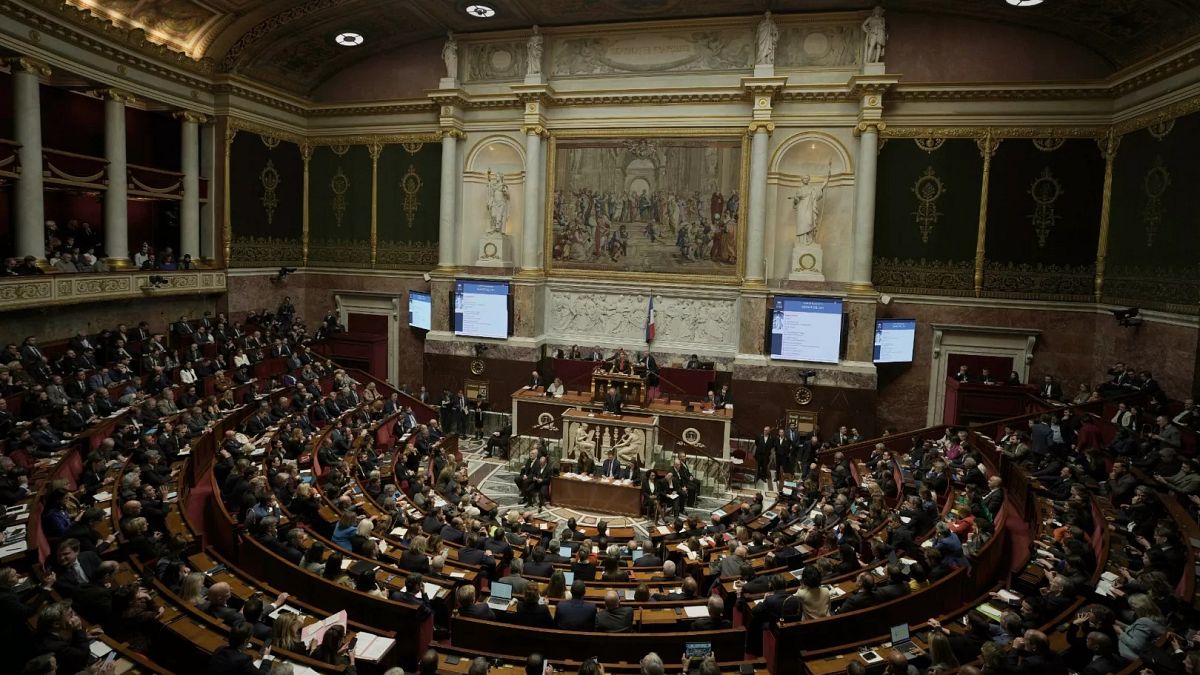

The recently announced trade agreement between the European Union and the United States has stirred a variety of reactions throughout Europe. This deal, solidified after extensive negotiations, establishes a 15% tariff on most EU products entering the US. While it has been framed as a means to prevent an escalating trade war, it has elicited both relief and discontent among different sectors and political figures.
Calm anticipation surrounded the announcement as European Commission President Ursula von der Leyen emerged from negotiations with US President Donald Trump at his Turnberry golf resort in Scotland, stating, “we have a deal.” The agreement marks the culmination of four months of rigorous talks, ultimately aiming to mitigate tensions and establish a stable transatlantic trade relationship.
Reaction from political leaders and industry representatives has been varied. In Germany, Chancellor Friedrich Merz expressed satisfaction, viewing the agreement as a significant diplomatic achievement. However, German industries, while relieved at the averting of higher tariffs, have cautioned about future economic repercussions that could impact various sectors due to the new tariff structure.
In France, the sentiment has been notably critical, with a collective of French MPs, spanning across different political parties, denouncing the agreement as a form of “submission” to US interests. French Prime Minister François Bayrou led the charge, emphasizing that the deal could undermine the EU’s negotiating power and economic sovereignty. The criticism highlights a broader concern within France over maintaining autonomy and balanced trade relationships globally.
This apprehension is echoed by various stakeholders who fear that the agreement may place European exports at a competitive disadvantage. Amidst these concerns, the negotiated “zero-for-zero” provisions offer some consolation, as certain products may bypass tariffs, thus ensuring continued market access under favorable terms.
Compounding the complexity of Europe’s trade dynamics, President Trump has signaled potential new tariffs on UK goods, suggesting a broad review that might include a universal 10% tariff on UK exports to the US. This prospect places additional pressure on the UK as it navigates its post-Brexit trade environment while still striving to cement favorable transatlantic economic relations.
Throughout the discourse, the underlying theme remains the intricate balance of managing international trade agreements that support economic cooperation without compromising domestic industries. As stakeholders adapt to the nuances of the new deal, it underscores the ongoing dialogue required to harmonize global trade interests with national economic strategies.
The path forward involves a careful consideration of these tariffs’ implications for EU-U.S. relations, both economically and politically. As reactions continue to unfold across various fronts, this agreement serves as a reminder of the evolving landscape of global trade and the continuous negotiations necessary to foster mutual benefit while respecting diverse national priorities.
Source: {link}
